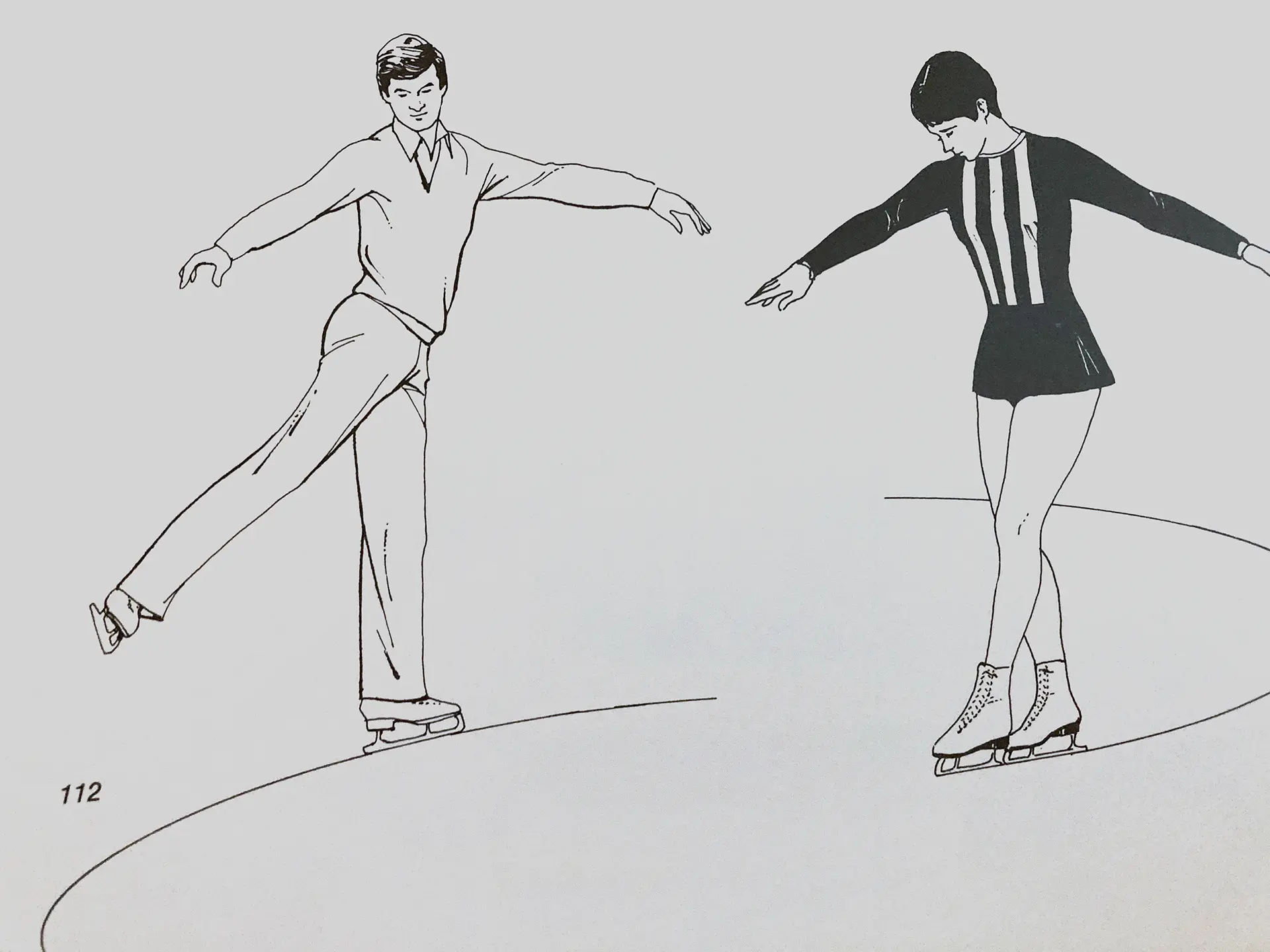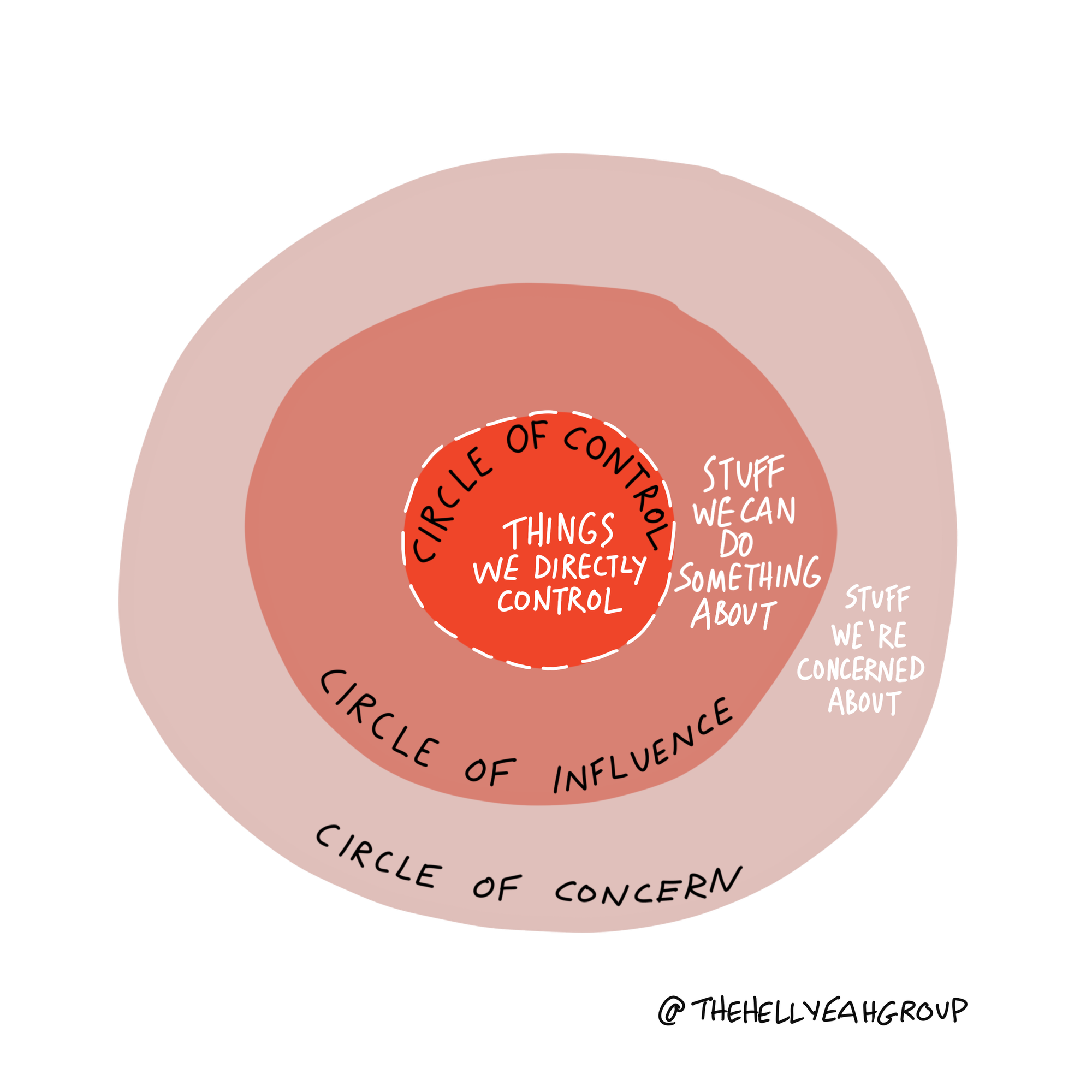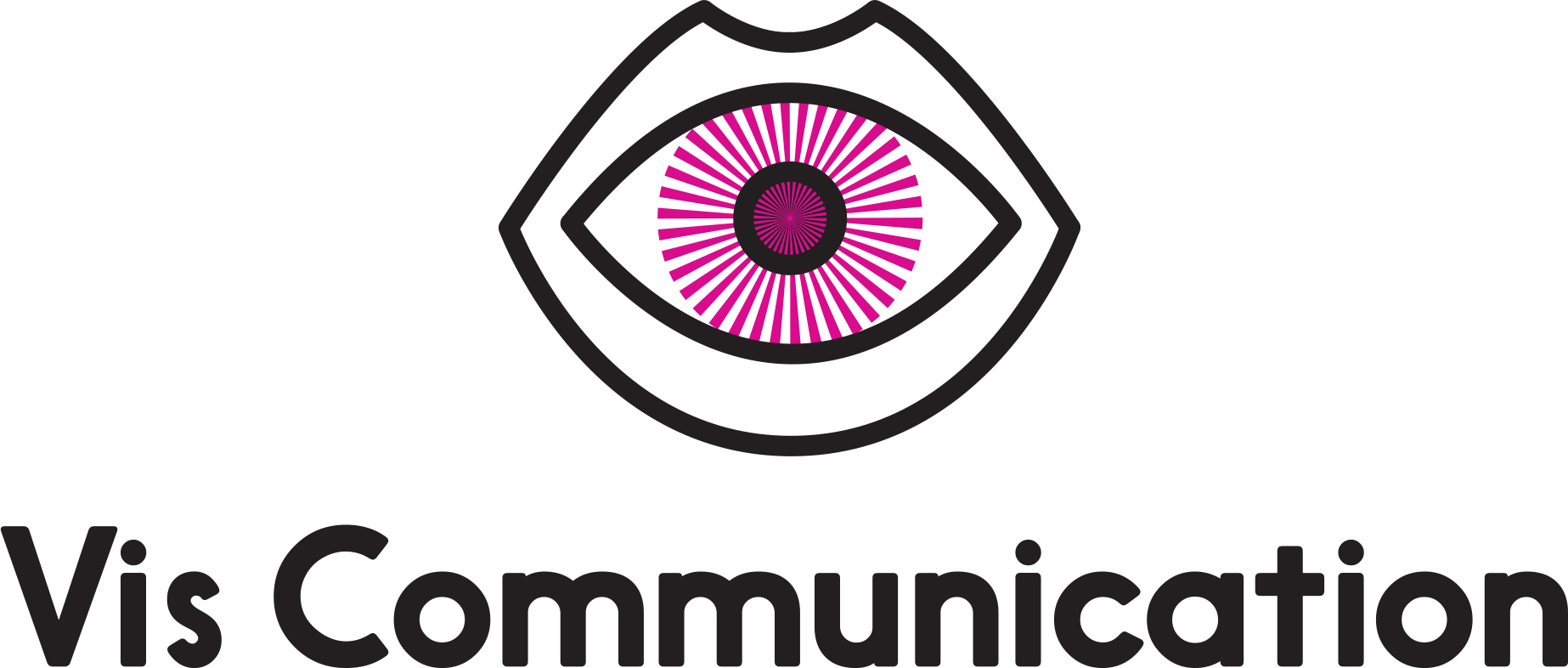Unknown Unknowns
Feel OK about uncertainty, and even use it to your benefit.

This week has had me thinking about dealing with unknowns in two different ways:
Customer Needs
I've been working on a project that involved interview research and was reminded of the 3 types of customer (user, participant, fan, etc.) needs via MIT:
- Known needs – You are aware there is an issue or desire because either you experienced it yourself, or someone complained/asked. Known knowns. Fix it.
- Unknown needs – You haven't experienced it, and nobody has complained, but through one-on-one interviews, you discover issues or needs. These are known unknowns. You know they're there, but don't know what they are. Identify them and do something about them.
- Latent needs – You don't know about it, and neither does your customer. These are the unknown unknowns. You will not discover these by interviews, but typically only through direct observation. Nobody asked for the iPhone. If you can identify one of these – make it.
"I believe that one of the greatest mistakes made by human beings is to want certainties when trying to understand something. The search for knowledge is not nourished by certainty: it is nourished by a radical absence of certainty. Thanks to the acute awareness of our ignorance, we are open to doubt and can continue to learn and to learn better. This has always been the strength of scientific thinking—thinking born of curiosity, revolt, change."- Carlo Rovelli
What's in Someone's Head
Even if someone has told you more or less what they want in a brief, there are still an awful lot of unknowns to deal with. Design is nothing if not choosing and assembling from an infinite source of variables, just the right ones.
Second guessers will attempt to inject certainty into a situation in which there is none. It's an attempt at control. I understand that desire. I also understand that someone, somewhere along the line is going to disagree with a choice I made. And it's much better to let that happen rather than spend time trying to guess who or what it will be. Because I will almost always be wrong. People rarely make tidy, logical decisions, even though we like to think they do.

Design is in your circle of control. You can influence through presentation. The rest is in your circle of concern, but you have very limited/no control here.
I've been surprised at people's choices and idiosyncrasies so many times. Design what you believe to be the correct solution, and let the chips fall. Accept and deal with the consequences. This actually puts things back into your design circle of control. Projects will bounce back and forth through these. Know when action helps. And when the best action is inaction.

